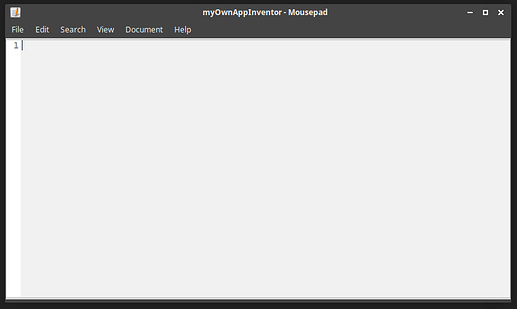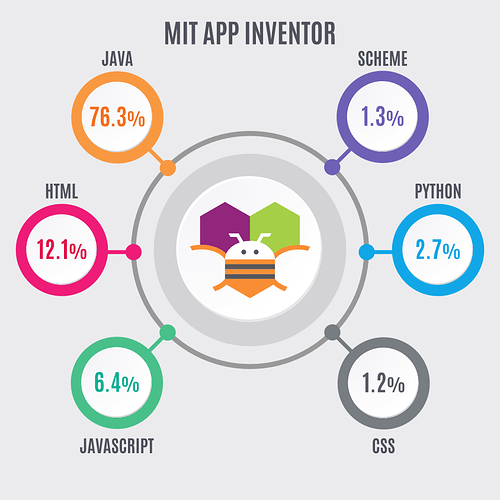How to create our own App inventor or where we can create
I do not want to copy paste I want to know from where we can create
still my reply will be same
There I only see that they are copying source of app inventor I want to know from where app inventor was made
A very big team of Software Developers from MIT developed MIT App Inventor by their own with many coding languages
I know but from where we can create
We should copy the source code and edit many of them with your own code and for that you need many many coding languages
If you start creating your own App Inventor are you going to be spamming this forum on a daily basis with questions about it?
Only tell me where we can create
So how we create blocks in this
Yes, how can we?
Actually, App Inventor was originally a project at Google Labs, envisioned by our director Prof. Hal Abelson, while he was on sabbatical there, as an educational tool for people to leverage what at the time was new smartphone technology. When Google shut down Labs in 2011, the project was open sourced and transferred to MIT. At MIT, the size of the development team has fluctuated, but at the moment there are 4-ish full time developers working on the platform. This includes the Android components library and companion, the iOS components library and companion, the frontend and Google App Engine backend, the scalable backend for code.appinventor.mit.edu, the gallery, the app build infrastructure, and the rendezvous server. The tech stack is written in a number of languages: Java, JavaScript, Scheme, C, Objective-C, Swift, Python, and Rust, and the full code base is coming up on 300k LOC.
The first version of App Inventor used a Java-based library for the blocks language, but this iteration (AI2) uses Google Blockly, which has its own development history. You may also want to take a look at Blockly: Using Block Based Coding in your App.


